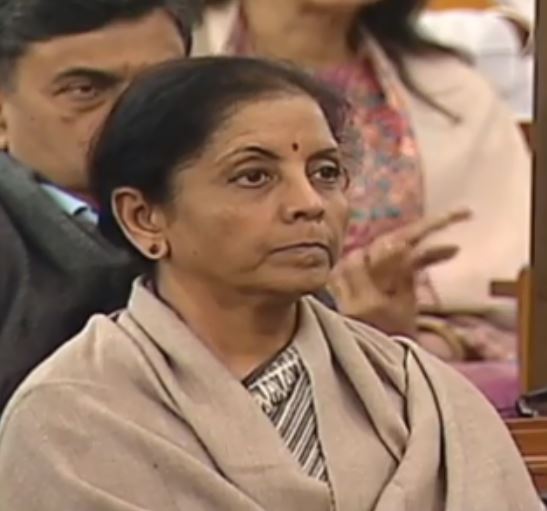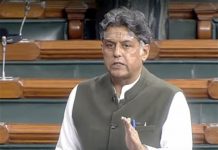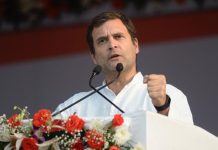 The Economic Survey 2019-20 says India’s aspiration to become a $5 trillion economy depends critically on promoting “pro-business” policy that unleashes the power of competitive markets to generate wealth, on the one hand, and weaning away from “pro-crony” policy that may favour specific private interests, especially powerful incumbents, on the other hand.
The Economic Survey 2019-20 says India’s aspiration to become a $5 trillion economy depends critically on promoting “pro-business” policy that unleashes the power of competitive markets to generate wealth, on the one hand, and weaning away from “pro-crony” policy that may favour specific private interests, especially powerful incumbents, on the other hand.
Union Minister for Finance & Corporate Affairs Nirmala Sitharaman tabled the Economic Survey 2019-20 in Parliament on Friday. The Survey said that economic events since 1991 provide powerful evidence supporting this crucial distinction.
https://mybettingsites.com/in/
According to the Survey, the diversity of sectors in the Sensex steadily increased over time following market reforms. The number of Sensex firms in manufacturing has reduced while those in services has increased between 1988 and 2019. Almost 60 per cent of the Indian GDP is attributable to the services.
The Economic Survey 2019-20 observed that pro-crony policies, in contrast to pro-business ones, erode wealth in the economy as cronyism fosters inefficiencies by inhibiting the process of creative destruction. The connected firms proxy firms that may benefit from pro-crony policies. Despite impressive progress in enabling competitive markets, pro-crony policies have destroyed value in the economy. For example, an equity index of connected firms significantly outperformed the market by 7 per cent a year from 2007 to 2010, reflecting abnormal profits extracted at common citizens’ expense. In contrast, the index underperforms the market by 7.5 per cent from 2011, reflecting the inefficiency and value destruction inherent in such firms.
The Survey pointed out that discretionary allocation of natural resources by a Committee provides avenues for rent-seeking and firm owners divert their focus towards tunnelling away these rents rather than furthering productive economic activities. Pro-crony policies as reflected in discretionary allocation of natural resources till 2011 led to rent-seeking by beneficiaries while competitive allocation of the same resources post 2014 have put an end to such rent extraction. A shift to market-based allocation of resources takes these avenues away, encourages productive economic activity and generates more wealth. Similarly, crony lending that led to wilful default, wherein promoters collectively siphoned off wealth from banks, led to losses that dwarf subsidies directed towards rural development. Every rupee lent to wilful defaulter constitutes an erosion of wealth. As of 2018, wilful defaulters owed their respective lenders nearly Rs.1.4 lakh crores. Had the money siphoned away by wilful defaulters stayed in the economy, the resulting wealth would have been equivalent in value to that needed to double the allocation towards health, education and social protection, double the allocation towards rural development, or triple the allocation towards MGNREGA.
The Survey said that wilful default if, unchecked would increase the cost of borrowing for everyone else, including genuine businesses with profitable investment opportunities before them. Adverse selection may force genuine borrowers to exist the market altogether, leaving only cronies in the market and resulting in a market failure that slows economic growth, employment and wealth creation capacity.













